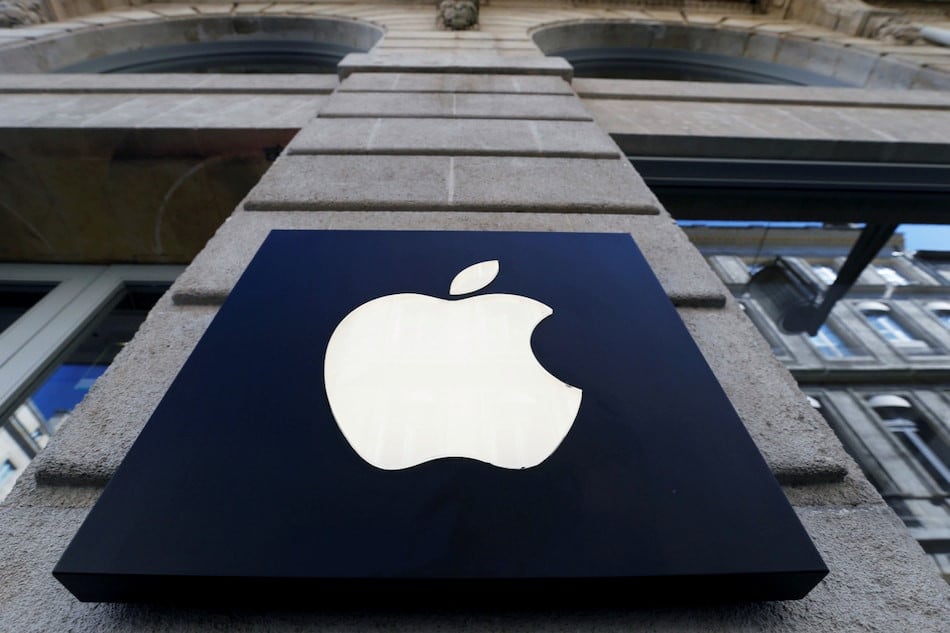
The Netherlands’ top competition regulator on Friday said Apple Inc broke the country’s competition laws and ordered changes to the iPhone maker’s App Store payment policies.
Apple’s practice of requiring app developers to use its in-app payment system and pay commissions of 15% to 30% on digital goods purchases has come under scrutiny from regulators and lawmakers around the world.
An investigation by the Netherlands’ Authority for Consumers and Markets (ACM) on whether Apple’s practices amounted to an abuse of a dominant market position was launched in 2019. But it was later reduced in scope to focus primarily on dating market apps, including Tinder owner Match Group Inc.
“We disagree with the order issued by the ACM and have filed an appeal,” Apple said in a statement. Itadded that “Apple does not have a dominant position in the market for software distribution in the Netherlands, has invested tremendous resources helping developers of dating apps reach customers and thrive on the App Store.”
Reuters reported in October that the ACM had found Apple’s practices anti-competitive and ordered changes, but the decision was not published until Friday.
The regulator’s decision said Apple violated competition laws. It has ordered Apple to adjust the unreasonable conditions in its App Store that apply to dating-app providers.
The decision orders Apple to allow dating-apps providers to use alternative payment systems. The company faces a fine of up to 50 million euros ($56.6 million) if it fails to comply.
Apple was given until Jan. 15 to implement changes, a statement said.
“We applaud the ruling issued today by a Rotterdam Court affirming the ACM’s decision that Apple’s forced use of its in-app payment systems and other practices violate Dutch and EU competition law, and must be eliminated by January 15th,” Match group said in an email statement.
The disclosure of Apple’s regulatory setback in the Netherlands comes after the iPhone maker lost a fight in South Korea to stop a law that requires major app platform providers like Apple and Alphabet Inc’s Google to allow developers to use third-party payment services.
Google has indicated it will allow such payments, though it will still charge a commission on them. Apple has not commented on its plans for compliance in Korea.
Apple is facing proposed legislation in the European Union and United States that would force it to change its in-app payment policies and other business practices objected to by developers.






